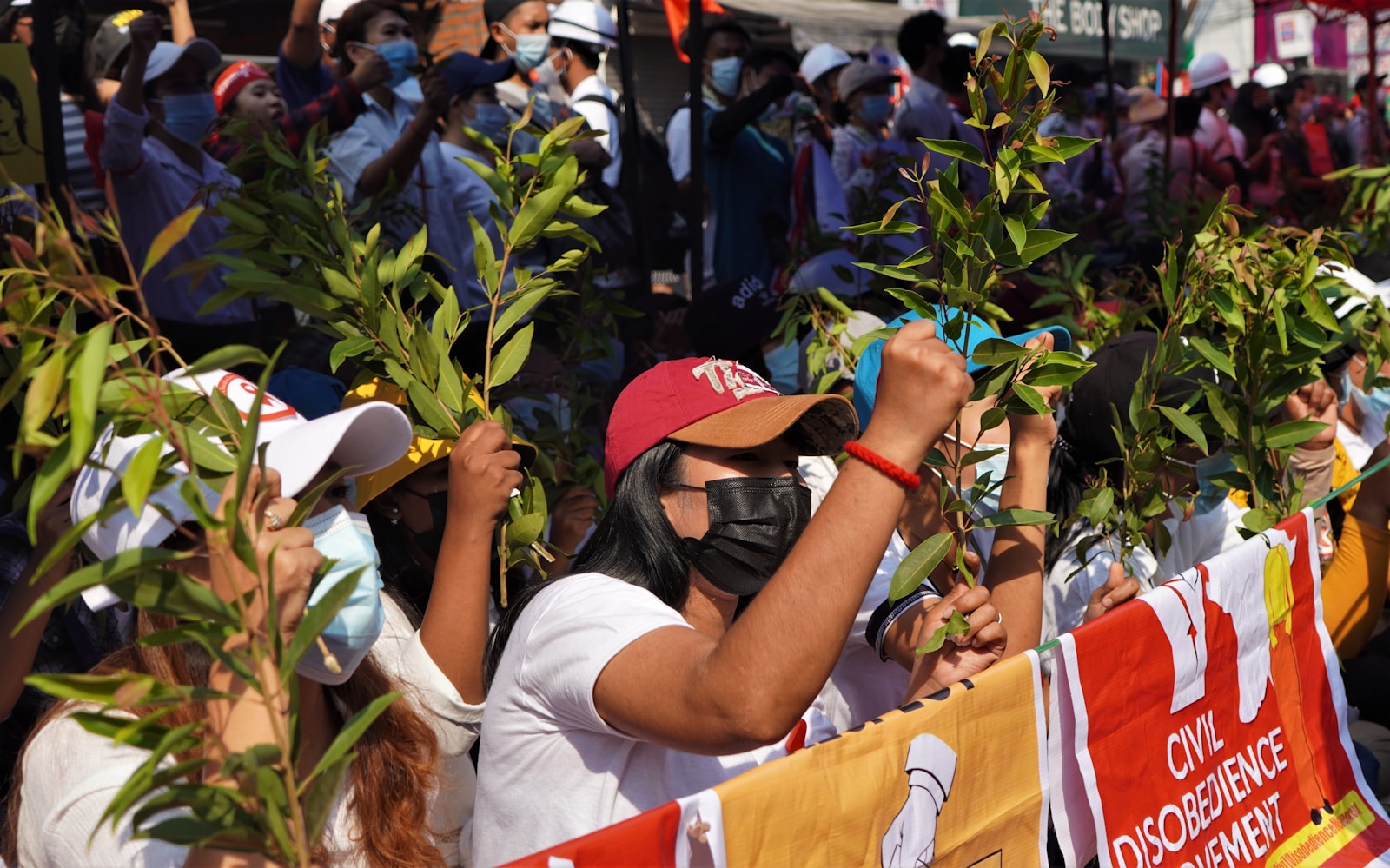Introduction
The future of Anheuser-Busch breweries hangs in the balance as 5,000 workers represented by the Teamsters union prepare to go on strike. These employees are demanding job guarantees and fair treatment from the beer giant. With the union contract set to expire soon, tensions are running high as negotiations have hit a stalemate. This article explores the reasons behind the potential strike, the impact it could have on the brewing industry, and the current state of negotiations.
The Momentum Builds
The Teamsters union has been making significant progress in negotiating a new five-year agreement with Anheuser-Busch. However, talks abruptly halted in mid-November, leaving the two sides in disagreement over key issues such as pay increases, pension contributions, and job guarantees. Frustrated by the lack of progress, workers recently voted overwhelmingly in favor of authorizing a strike if an agreement is not reached by the end of the month.
D.J. Edwards, a filler operator at Anheuser-Busch in Florida, emphasized the importance of job security for the workers. He stated, “We need to know they’re committed to keeping breweries open and keeping us employed.” The union shares this sentiment, aiming to secure assurances that workers won’t lose their positions during the life of the contract.
Stakes are High for Anheuser-Busch
Anheuser-Busch, owned by Belgian parent company AB InBev, could face a major blow if the strike goes ahead. The potential work stoppage would affect a dozen breweries in 11 states, leading to production halts for popular brands like Budweiser, Bud Light, Michelob Ultra, and Stella Artois. This would not only disrupt the beer industry but also impact the company’s revenue and market position.
Last year, Anheuser-Busch faced a significant backlash and boycott of Bud Light due to a controversial social media promotion involving a transgender influencer. The company’s market share suffered as a result, making it even more crucial for them to avoid negative publicity and maintain customer loyalty. A nationwide strike would undoubtedly draw attention and could further damage their reputation.
Jeff Padellaro, the director of the Teamsters’ brewery conference, warned Anheuser-Busch of the consequences, stating, “This company is going to put themselves on strike come March 1 if we don’t have an agreement that we can all be proud of.” The pressure is on for the company to find common ground with the union and prevent a damaging strike.
A Favorable Moment for Labor Activism
The potential strike at Anheuser-Busch comes at a time when labor activism is on the rise. Inspired by successful contract fights in various industries, union workers across the country have been walking off the job to demand better working conditions and fair treatment. The wave of strikes in 2023, including red-state teacher strikes, gave workers a newfound sense of empowerment and set the stage for further labor disputes.
Workers like D.J. Edwards believe that the momentum is swinging in their favor. They see this as an opportune time to fight for their rights and demand more from their employers. Edwards stated, “It’s time to take care of the worker.” The potential strike at Anheuser-Busch is a testament to the growing solidarity and determination among workers to secure better working conditions.
Anheuser-Busch’s History of Union Negotiations
Anheuser-Busch has a history of negotiating contracts with unions. In previous contracts, some workers had to make concessions that resulted in a two-tiered health care plan. New employees hired after the implementation of this plan faced higher costs compared to those hired earlier. This disparity within the workforce has caused tension and division.
During the current negotiations, the union managed to reach a tentative agreement with the company on eliminating the two-tiered health care plan. However, the issue of job guarantees remains unresolved. The union is seeking commitments from Anheuser-Busch to protect the headcount and prevent workers from losing their positions.
Levi Kovari, a brewer and union shop steward at Anheuser-Busch’s Fort Collins brewery, highlighted the challenges faced by workers, such as reduced overtime and cuts in man-hours. He emphasized that workers are feeling the effects of these changes while the company continues to be profitable. Kovari stressed the need for Anheuser-Busch to make a commitment to its employees, just as it does to its shareholders.
The Company’s Response
Anheuser-Busch has stated that it remains committed to reaching a mutually acceptable agreement with the union. The company has a long-standing track record of reaching agreements with unions and hopes to continue recognizing and rewarding its employees. However, the hiatus in negotiations and the lack of progress on key issues have raised concerns among the workers and their representatives.
The union accuses Anheuser-Busch of walking away from the table and not giving them an opportunity to present their proposals on job security measures. The company’s decision to send their negotiating team home has further strained the relationship between the two parties. The director of the Teamsters’ brewery conference, Jeff Padellaro, expressed disappointment with the company’s actions and stressed the urgent need for a mutually agreeable resolution.
The Impact on the Brewing Industry
If the strike at Anheuser-Busch breweries goes ahead, it will have a significant impact on the brewing industry. With a dozen breweries affected, production of popular beer brands will come to a halt, leading to potential shortages and a disruption in supply chains. This could also create an opportunity for competing breweries to gain market share and fill the void left by Anheuser-Busch’s products.
Additionally, the strike would send a strong message to other companies in the brewing industry and beyond. It would serve as a reminder that workers are willing to stand up for their rights and demand fair treatment. The outcome of this labor dispute could set a precedent for future negotiations and potentially influence the power dynamics between employers and unions.




